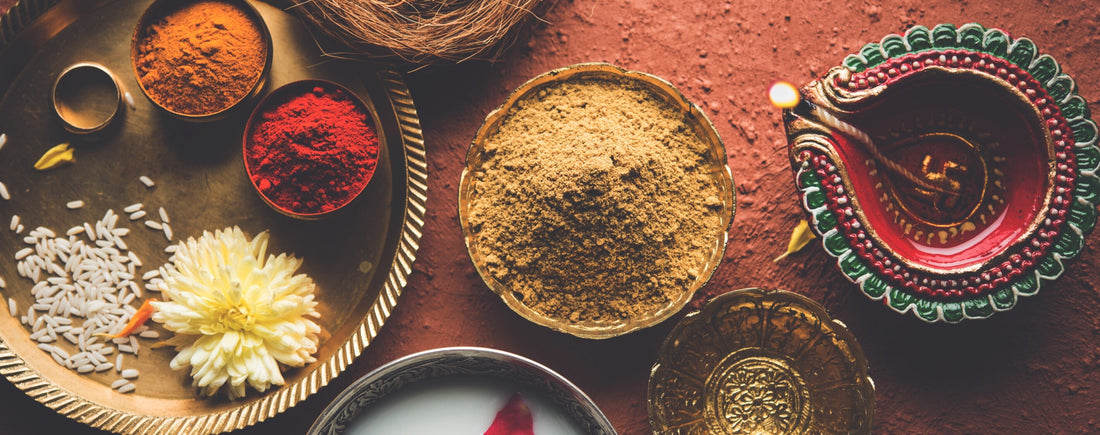
Hello, I’m
Emily Ziedman
Ayurvedic Wellness Counselor, Science Writer, Certified Nutritionist
Emily is an Ayurvedic Wellness Counselor, Science Writer, and Certified Nutritionist with her Master's in Nutrition Research. She’s been involved in the holistic health field for over ten years, studying mind-body practices and bridging the connection between ancient medicine and modern research.
As a practitioner and educator, Emily empowers people to tap into their innate wisdom, uncovering their individual path to mind-body wellness. As a freelance writer, Emily works with health and wellness companies to create meaningful content that leverages the latest research in the fields of nutrition, Ayurveda, meditation, and the mind-body connection.
Emily's commitment to empowering others was born from her own struggles with anxiety, food, body image, and knowing her place in the world. Upon finding Ayurvedic medicine and its beautiful mind-body practices, Emily finally came home to herself. It is now her passion to share the knowledge she has gained through her years as a practitioner, researcher, and perfectly "imperfect" human, to lead others on their healing journey.
To learn more about Emily and her offerings visit www.emilyziedman.com.
As a practitioner and educator, Emily empowers people to tap into their innate wisdom, uncovering their individual path to mind-body wellness. As a freelance writer, Emily works with health and wellness companies to create meaningful content that leverages the latest research in the fields of nutrition, Ayurveda, meditation, and the mind-body connection.
Emily's commitment to empowering others was born from her own struggles with anxiety, food, body image, and knowing her place in the world. Upon finding Ayurvedic medicine and its beautiful mind-body practices, Emily finally came home to herself. It is now her passion to share the knowledge she has gained through her years as a practitioner, researcher, and perfectly "imperfect" human, to lead others on their healing journey.
To learn more about Emily and her offerings visit www.emilyziedman.com.







